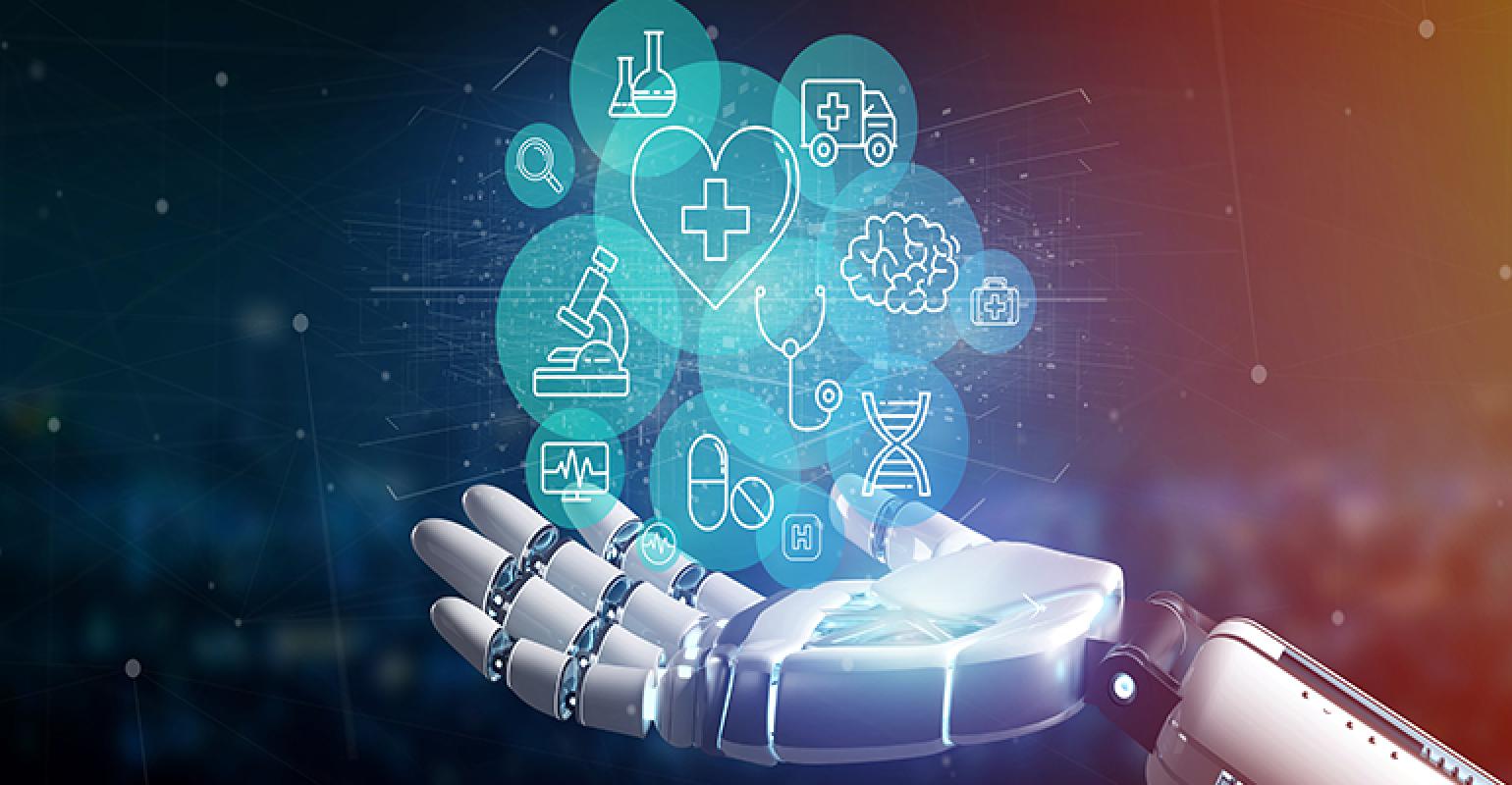
AI Powers New Era of Personalized MedicineAI Powers New Era of Personalized Medicine The medical field is on the cusp of a transformative revolution as artificial intelligence (AI) emerges as a game-changer in personalized medicine. This groundbreaking technology has the potential to revolutionize patient care by enabling doctors to tailor treatments to each patient’s unique genetic makeup, lifestyle, and health history. Precision Diagnostics and Treatment Planning AI-driven algorithms can analyze vast amounts of patient data, including genetic information, medical records, and lifestyle factors. This allows doctors to identify patterns and correlations that would be impossible to detect with traditional methods. With this level of precision, they can diagnose diseases earlier, predict disease risk, and develop personalized treatment plans that target the root causes of illness. Personalized Drug Development The pharmaceutical industry is embracing AI to accelerate drug discovery and development. AI algorithms can screen millions of molecular compounds to identify those most promising for treating specific diseases. By targeting specific biological pathways, new drugs can be tailored to individual patient profiles, minimizing side effects and maximizing therapeutic outcomes. Precision Monitoring and Prevention AI-powered wearables and mobile health devices track patient health metrics in real time. This continuous monitoring allows doctors to detect early signs of disease progression or adverse drug reactions. By analyzing this data, AI algorithms can provide personalized recommendations for lifestyle changes, dietary modifications, or medication adjustments, helping patients prevent or manage chronic conditions. Customized Rehabilitation and Support AI can also assist in rehabilitation and recovery programs. By analyzing patient movement data, for example, AI systems can tailor physical therapy exercises to each individual’s needs and progress. Additionally, AI-powered chatbots provide personalized support and guidance to patients, empowering them to manage their conditions and improve their overall well-being. Ethical Considerations While AI holds tremendous promise for personalized medicine, it also raises important ethical considerations. Ensuring data privacy and security, addressing potential biases in algorithms, and maintaining human-centered care are essential for responsible and equitable implementation of AI in healthcare. Conclusion AI is transforming personalized medicine, empowering doctors with the tools to tailor treatments to each patient’s individual needs. From precision diagnostics to customized rehabilitation, AI has the potential to revolutionize patient care, improving outcomes, reducing costs, and enhancing the overall health and well-being of individuals. As this technology continues to evolve, it is essential to embrace its transformative power while ensuring its ethical and equitable use.
Posted inNews